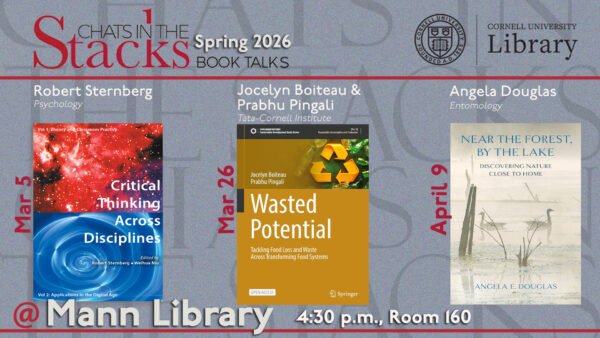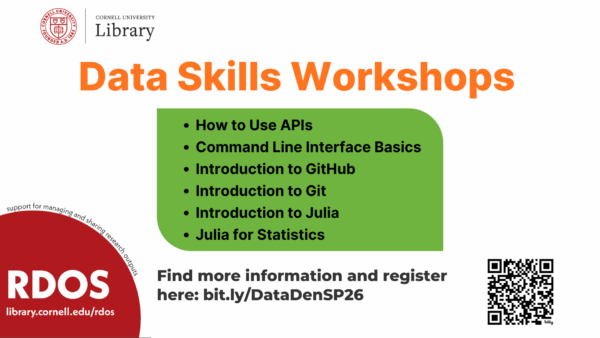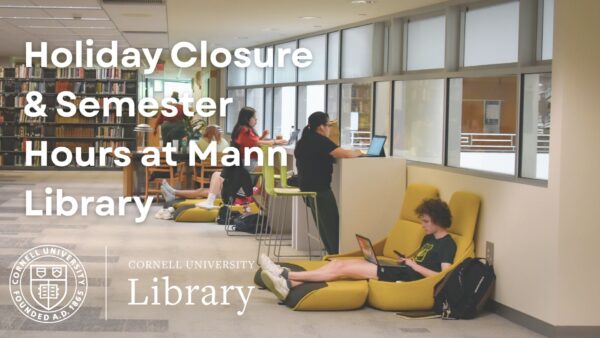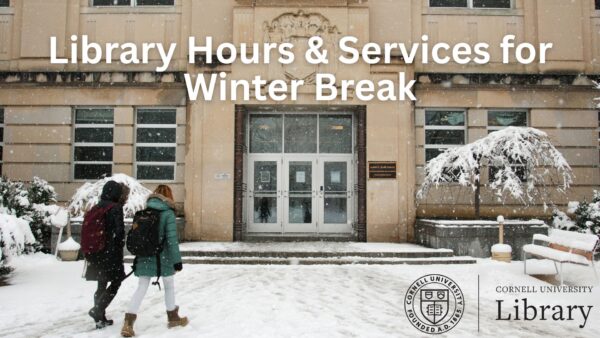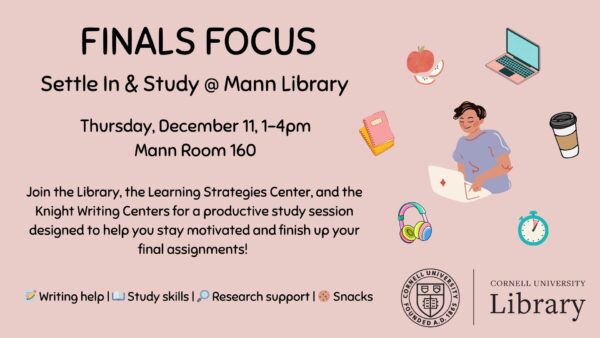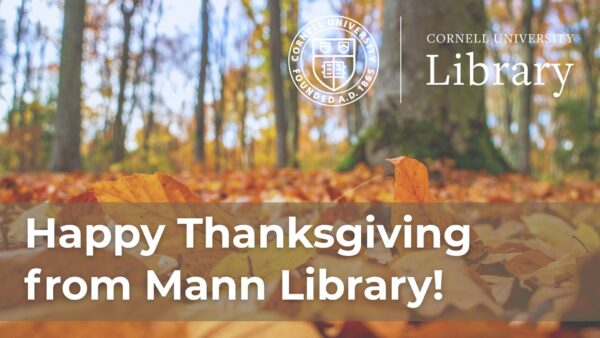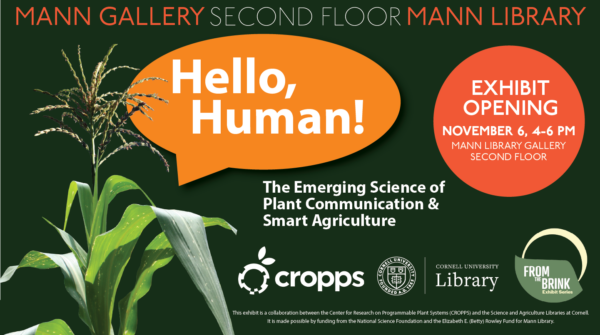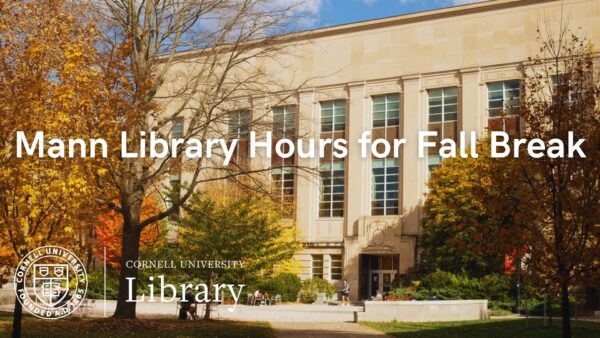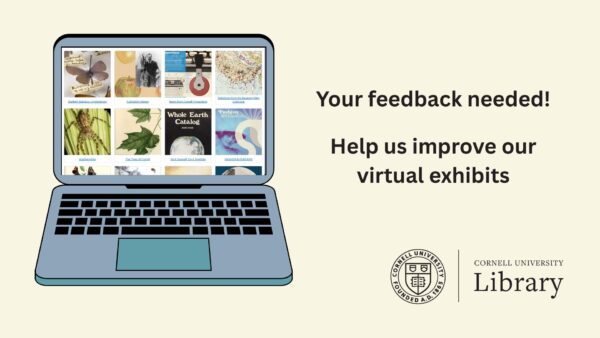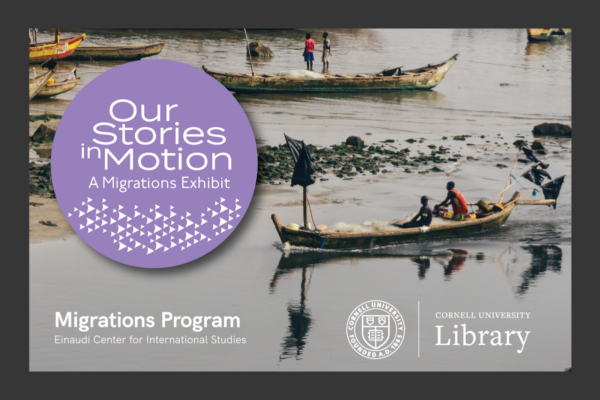Our Chats in the Stacks book talk series returns this spring with a new line-up of Cornell authors whose work spans psychology, food systems, and the natural world. All our book talks start at 4:30pm and are held in-person in Mann Library Room 160 as well as livestreamed.
You can find all recordings of our past Chats in the Stacks on our YouTube channel. All events are free and open to the public. Registration details and additional information are available through the individual event listings linked below.
Thursday, March 5
Critical Thinking Across Disciplines
Critical thinking is essential for understanding and addressing serious challenges of our world – from tackling poverty and climate change to grappling with the ethical uses of generative AI. But critical thinking, as a learned skill and practice, also needs to be better studied and understood. Join us for this Chats in the Stacks book talk with Robert Sternberg, professor of psychology in Cornell’s College of Human Ecology, who co-edited the two-volume work Critical Thinking Across Disciplines (Palgrave Press, 2025) with Weihua Niu, professor of psychology at Pace University’s Dyson College of Arts and Sciences. Sternberg will discuss a multidisciplinary approach to teaching critical thinking in classroom settings and the importance of bringing together experts from fields such as psychology, philosophy, education, and creativity studies to better understand the theoretical foundations of critical thinking and promote its application in everyday life.
Thursday, March 26
Wasted Potential: Tackling Food Loss and Waste Across Transforming Food Systems
Wasted Potential: Tackling Food Loss and Waste Across Transforming Food Systems provides an evidence-based framework for addressing food loss and waste as a means to improve access to healthy diets. This open access book examines how food systems reforms can support progress toward Sustainable Development Goal (SDG) 12 – “responsible consumption and production” – by reducing food loss and waste in support of sustainable, safe, and nutritious diets across countries at different stages of structural transformation. Authors Dr. Jocelyn Boiteau (Tata-Cornell Institute) and Dr. Prahbu Pingali (Tata-Cornell Institute / Charles H. Dyson School of Applied Economics and Management / Global Development) outline a policy agenda that builds demand for diverse, nutritious foods to incentivize food loss and waste reduction while balancing food security, environmental sustainability, and socioeconomic welfare.
Thursday, April 9
Near the Forest, By the Lake: Discovering Nature Close to Home
Near the Forest, By the Lake (Cornell University Press) is a personal exploration of the wonders of the natural world close to home. In this collection of essays, Angela E. Douglas (Entomology) reflects on the lives and habits of plants, birds, insects, and other creatures inhabiting the landscapes of upstate New York. Some essays focus on individual species – from salamanders migrating in early spring and butterflies of summer to goldenrods in the fall and ducks gathering on winter lakes – while others explore enduring natural mysteries, such as why certain birds sing in autumn or how turtles survive winter in ice-sealed ponds. Throughout the book, Douglas weaves in the inescapable imprint of human activity on the natural world, reminding readers that even the most familiar environments can offer moments of discovery and wonder.
